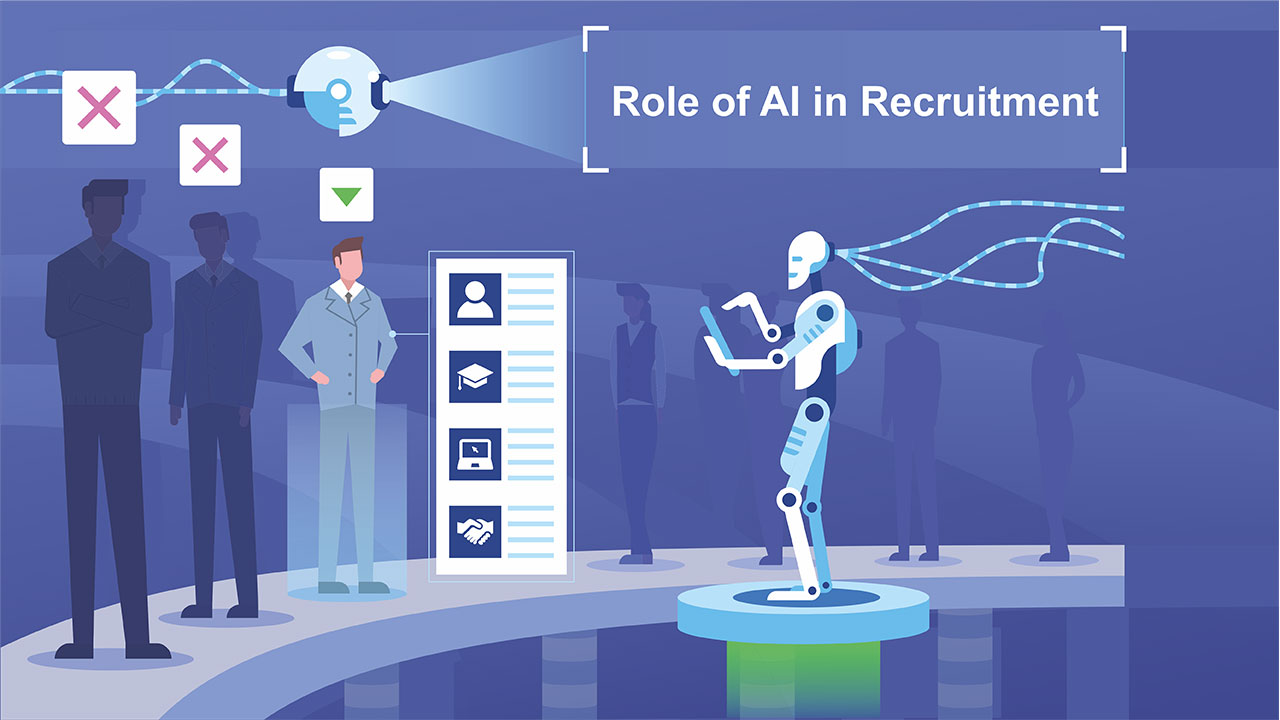In today's rapidly evolving business landscape, the effective management of human resources plays a critical role in driving organizational success and growth. Integral Talent Solutions have emerged as a transformative approach to managing HR functions seamlessly within organizations. This blog post delves into the concept of integral talent solutions, explores their benefits, and provides practical insights on how they contribute to business growth.

What are Integral Talent Solutions?
Integral Talent Solutions encompass holistic HR strategies and technologies that integrate various aspects of talent management, recruitment, training, and development into a unified framework. This integration aims to optimize HR processes, enhance workforce productivity, and align human capital initiatives with strategic business objectives.
Key Components and Benefits
Comprehensive HR Management: Integral talent solutions consolidate diverse HR functions, including recruitment, onboarding, performance management, learning and development, and succession planning. This consolidation promotes efficiency, reduces administrative overhead, and fosters a cohesive employee experience.
Strategic Alignment: By aligning HR practices with business goals, integral talent solutions enable organizations to deploy human capital more strategically. This alignment ensures that HR initiatives contribute directly to achieving long-term growth objectives and maintaining competitive advantage.
Enhanced Employee Engagement: Integrated talent management fosters a culture of engagement by providing employees with personalized development opportunities, continuous feedback mechanisms, and transparent career pathways. Engaged employees are more productive, innovative, and committed to organizational success.
Data-Driven Decision Making: Leveraging integrated HR systems allows organizations to access real-time data insights on workforce performance, skills gaps, and talent trends. These analytics enable informed decision-making, proactive talent planning, and the implementation of targeted interventions to address critical HR challenges.
Implementing Integral Talent Solutions: Best Practices
Assess Current HR Capabilities: Conduct a comprehensive assessment of existing HR processes, technology infrastructure, and organizational culture to identify areas ripe for integration and improvement.
Select a Suitable HR Platform: Choose a robust HR software solution that aligns with your organization's size, industry-specific needs, and growth objectives. Look for scalability, integration capabilities with existing systems, and user-friendly interfaces to facilitate adoption.
Engage Stakeholders: Involve key stakeholders across departments, including HR professionals, senior leadership, IT specialists, and frontline managers, in the design and implementation phases of integral talent solutions. Foster collaboration and secure buy-in to maximize success.
Continuous Evaluation and Optimization: Establish metrics and performance indicators to monitor the effectiveness of integral talent solutions. Regularly evaluate outcomes, solicit feedback from employees, and adapt strategies to evolving business needs and market dynamics.
Real-World Examples
Company X: By implementing integral talent solutions, Company X streamlined its recruitment processes, reduced employee turnover by 15%, and accelerated time-to-fill critical positions. The integrated approach also facilitated personalized employee development plans, leading to enhanced job satisfaction and performance.
Company Y: Company Y integrated its learning and development initiatives with performance management systems, resulting in a 25% increase in employee productivity and a 20% reduction in training costs. The holistic approach to talent management positioned Company Y as an employer of choice in its industry.
Integral Talent Solutions represent a strategic imperative for organizations looking to optimize their human capital management practices and drive sustainable business growth. By integrating HR functions, aligning talent strategies with business objectives, and fostering a culture of continuous improvement and engagement, organizations can unlock the full potential of their workforce. Embrace integral talent solutions to cultivate a resilient, agile, and high-performing workforce that drives innovation, efficiency, and competitive advantage in the marketplace.








Comments (0)